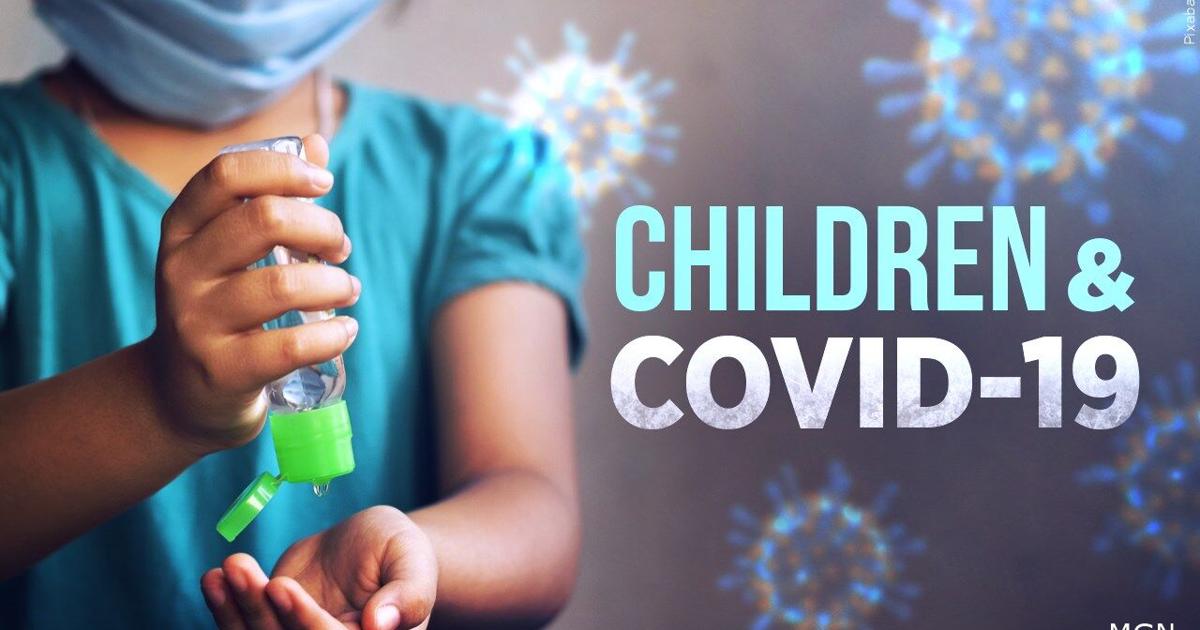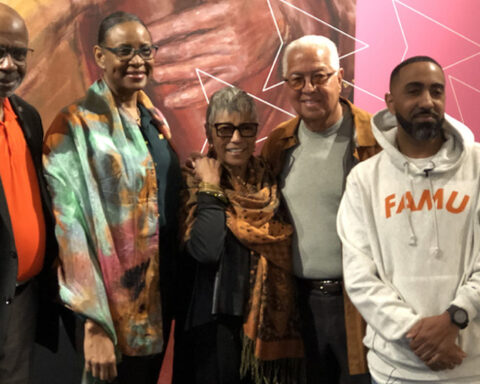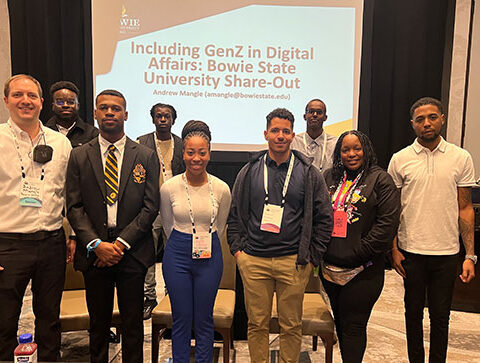After a weekend of muted celebrations, Americans face the uncertainty of a new year as the nation battles another coronavirus wave. And concerns are growing about the impact the virus could have over the next several weeks as students return to school.
In Atlanta, at least five metro-area school districts will begin with remote learning this week, as students prepare to return from the holiday break amid rising cases in the region. And in Washington, DC, public schools will be closed until Thursday as a winter storm thwarted plans for students and staff to pick up Covid-19 tests on Monday.
Other school officials are also changing their Covid-19 policies due to the explosion of the Omicron variant. Miami-Dade County Public Schools is requiring all adults entering its buildings and buses to wear masks upon return and has strongly encouraged students to wear masks as well.
Dr. Stanley Spinner, chief medical officer at Texas Children’s Pediatrics, told CNN’s Pamela Brown, “When our largest school system gets back, I think we are going to see our numbers increasing even more unfortunately as a result of that,”
While there may be “bumps in the road” as schools attempt to reopen in the new year amid a record surge in Covid-19 cases, Secretary of Education Miguel Cardona said students have suffered enough and need to be back in class.
“Our expectation is for schools to be open full-time for students for in person learning,” Cardona said on Fox News Sunday, noting the science has improved nearly two years into the pandemic and vaccines are available for school-aged children. “There’s a level of urgency that we shouldn’t lose around making sure that our children learn in person.”
As schools restart under competing pressures, many teachers are asking officials to utilize distance learning while the latest wave is at its peak. In Massachusetts, teachers called for state officials to close schools during the worst of the surge, but were rebuffed by the education commissioner and Gov. Charlie Baker.
“There are a lot of tools and capabilities available to keep kids and adults safe in school, and we should do everything in our power to make sure that kids stay in school,” Baker said, while also highlighting the state’s test and stay program.
The picture was similar in New York City, where new mayor Eric Adams felt schools must remain open and rejected a request from the teachers union to begin the month with remote learning until the current wave of the virus subsides.
Meanwhile, the FDA is expected to allow 12 to 15-year-olds to receive the Pfizer booster shot, according to a person familiar with the agency’s plan. The FDA’s decision could come as soon as Monday, as an unprecedented number of children, most of whom are unvaccinated, are being hospitalized due to Covid-19.
Hospitalizations rise as health care services are stretched thin
As the new year begins with a massive influx of Covid-19, health care services are already feeling the impacts.
“We’re seeing a surge in patients again, unprecedented in this pandemic,” said Dr. James Phillips, chief of disaster medicine at George Washington University Hospital.
“What’s coming for the rest of the country could be very serious. And they need to be prepared.”
Health care workers have been exhausted by several surges since the pandemic began, and now many are getting sidelined during the rapid rise of the Omicron variant — the most contagious strain to hit the US.
“Our health system is at a very different place than we were in previous surges,” emergency medicine professor Dr. Esther Choo said.
“This strain is so infectious that I think all of us know many, many colleagues who are currently infected or have symptoms and are under quarantine,” said Choo, associate professor at Oregon Health and Science University.
“We’ve lost at least 20% of our health care workforce; probably more.”
The University of Maryland Capital Region Health this week joined a growing list of medical centers in the state to activate emergency protocols after a sharp rise in cases fueled staffing shortages and overwhelmed emergency departments.
“The current demand for care is depleting our available resources, including staffing,” UM Capital Region Health said in a statement Friday.
Dr. Anthony Fauci told CNN’s Dana Bash on “State of the Union” on Sunday that with so many cases, “even if the rate of hospitalization is lower with Omicron than it is with Delta, there’s still the danger that you’re going to have a surging of hospitalizations that might stress the health care system.”
There is also concern that while Omicron may be a milder form of coronavirus for adults, it could pose a greater risk to children, according to Dr. Scott Gottlieb.
“It appears to be more of an upper airway disease than a lower airway disease. That’s good for most Americans. The one group that that may be a problem for is very young children — toddlers — who have trouble with upper airway infections,” Gottlieb told Margaret Brennan on CBS’ “Face the Nation.
“You’re in fact seeing more croup-like infections and bronchiolitis in New York City among children. So that could be a challenge for young kids, and we are seeing rising hospitalizations among that pediatric segment,” said Gottlieb, a former commissioner of the US Food and Drug Administration and a current board member at Pfizer.
Isolation guidelines eased but testing remains vital
Following the disruption from an explosive surge in cases, the US Centers for Disease Control and Prevention’s updated its guidelines to end the Covid-19 isolation period after just five days for people who are not exhibiting symptoms.
Fauci told CNN’s Dana Bash Sunday he anticipates “further clarification” from the agency, noting, “There’s no doubt that you do want to get people out into the workplace if they are without symptoms.
“In the second half of a 10-day period, which would normally be a 10-day isolation period, the likelihood of transmissibility is considerably lower,” Fauci said.
“For that reason, the CDC made the judgment that it would be relatively low risk to get people out. You’re right, people are getting concerned about why not test people at that time? I, myself, feel that that’s a reasonable thing to do. I believe that the CDC soon will be coming out with more clarification of that, since it obviously has generated a number of questions about at that five-day period, should you or should you not be testing people? There will be further clarification of that coming very soon,” Fauci said.
Fauci also clarified the importance of testing, noting rapid at-home tests are not as accurate as the standard PCR test, but positive at-home tests can drive people to get additional medical attention.
“People should not get the impression that those tests are not valuable. They are very valuable. They’re valuable for screening. They’re valuable if you do them more than once in a sequential way to tell you whether or not you’re infected. I think there was sort of a surge of concern when people said that, when it came out that the sensitivity was down, but they are still very valuable tests.”





